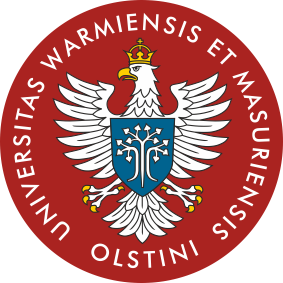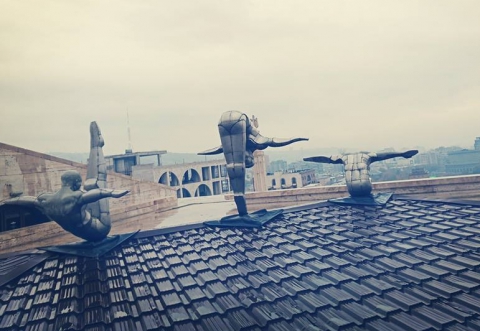Alexandr Lusiy (GITR, Moscow) Urban film chronicles in the context of geopolitical aesthetics: Between “Chronicle of Yerevan Days” by Frunze Dovlatyan and “Chronicle of Predatory Cities” by Christian Rivers
The problem of urban film text is considered in the article through the prism of the textological concept of culture developed by the author as a sum and system of cultural texts, in particular, local texts, as well as the author's cognitive metaphor "dream machine". These metaphors are studied in connection with the worldview and the range of images of prominent figures in literature and art in parallel with the postmodern concept of "writing machines". Against the background of the prevailing urbanistic cinematography, in addition to the term precedent work, the concept of "setting film" is also introduced, which sets up a specific research "vision" of the search for urban supertext as a text of culture. Frunze Dovlatyan's film "Chronicle of Yerevan Days" became such in the author's research practice. It shows how organically the plot can fit into urban realities. At the same time, attention is paid to both the forms of historical memory and the prophetic function of the historical archive. Creative and research dialogue takes place in the form of mutual reading by the author of the city and the city of the author, which is being developed in the Moscow cinema space. Thus, the problem of cinematic text is integrated into narrative theory as such. If classical narratology tried to describe any narratives - fictional and "non-fiction", speech and art - within the framework of a unified theory, then the new narrative theory aims to develop models that would take into account those properties of narratives that resist description based on the linguistic understanding of natural, oral communication. The cinematic text appears as the interaction and documentation of such narratologies.


